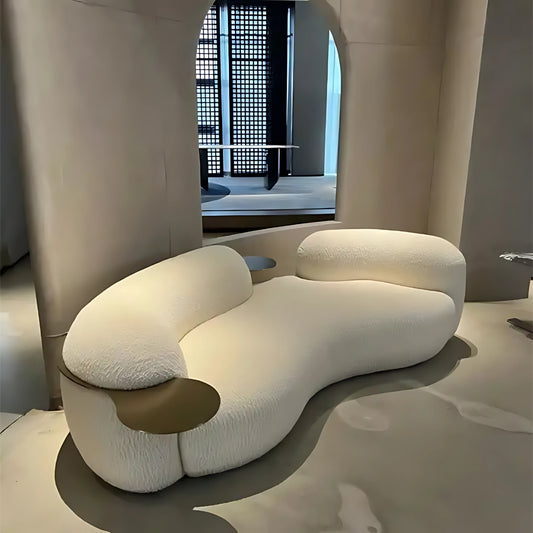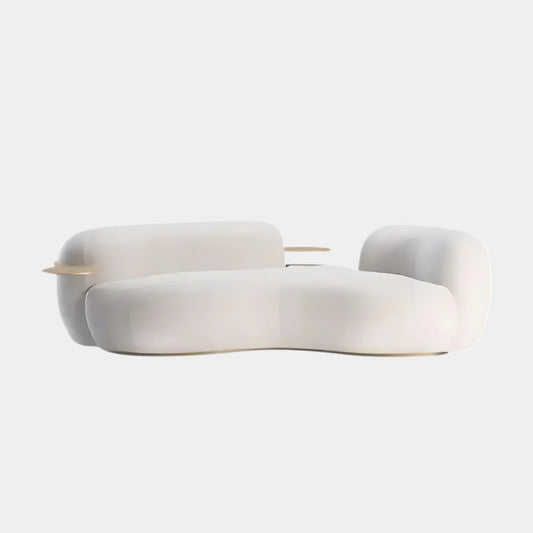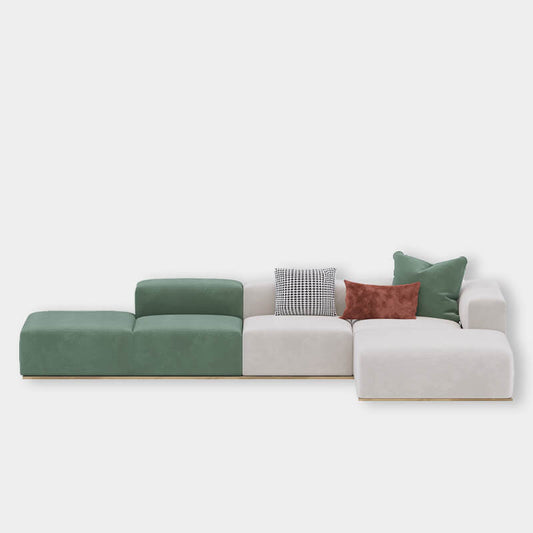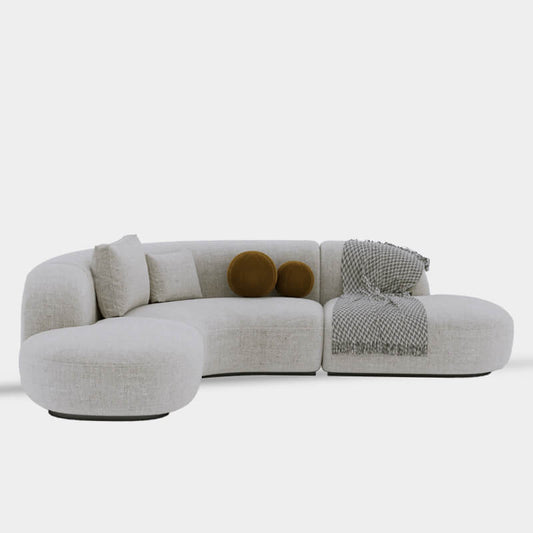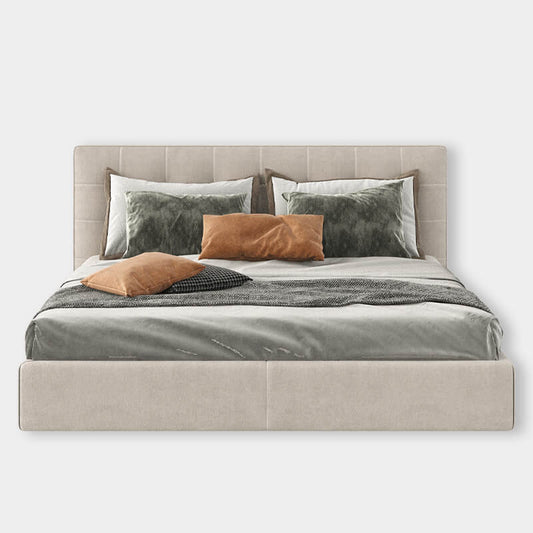A good mattress isn’t just a place to sleep—it’s the foundation of your health, mood, and productivity. With endless options on the market, buying a mattress can feel more confusing than comforting. But don’t worry—we’ve broken it down for you. Whether you're upgrading your bedroom with Decolide’s premium mattresses or buying your first luxury bed, this guide will help you make the perfect choice.
Why the Right Mattress Matters

A mattress isn't a one-size-fits-all investment. The hardness, material, and support system of your mattress all affect how well you sleep. Making the wrong decision can result in weariness, bodily aches, and bad posture. Conversely, the ideal mattress will:
-
Improve sleep quality
-
Align your spine
-
Reduce body aches
-
Enhance overall wellness
Key Factors to Consider Before Buying

Let’s clear the confusion. Here are the most critical factors you should evaluate:
1. Sleeping Position
Different positions require different types of support:
|
Sleeping Position |
Recommended Firmness |
Mattress Type |
|
Back sleepers |
Medium-firm |
Memory foam or hybrid |
|
Side sleepers |
Medium to soft |
Latex or pillow-top |
|
Stomach sleepers |
Firm |
Innerspring or foam |
|
Combination sleepers |
Medium-firm |
Responsive hybrid |
2. Body Weight
-
Light (<60 kg): Softer mattresses provide better contouring
-
Average (60-90 kg): Medium-firm for optimal balance
-
Heavy (>90 kg): Firmer support prevents sinking
3. Health Concerns
-
Back Pain? Opt for latex or orthopedic memory foam.
-
Allergies? Look for hypoallergenic, breathable mattresses
-
Joint Pain? Plush tops or zoned support systems help
Mattress Types: Explained Simply

Not sure what’s what? The most popular mattress varieties and their benefits are broken down simply here:
🔹 1. Memory Foam
-
Excellent contouring
-
Ideal for pressure relief
-
Absorbs motion—perfect for couples
-
Best for: Side sleepers & back pain sufferers
🔹 2. Latex
-
Naturally breathable
-
Eco-friendly and durable
-
Bouncier than memory foam
-
Best for: Hot sleepers & eco-conscious buyers
🔹 3. Innerspring
-
Traditional coil-based support
-
Great airflow, firmer surface
-
More bounce but less contouring
-
Best for: Stomach sleepers & heavier individuals
🔹 4. Hybrid (Foam + Spring)
-
combines the softness of foam with the support of coils.
-
Zoned support layers for spinal alignment
-
The perfect balance of motion isolation, comfort, and durability
-
Best for: Almost everyone, especially couples
Firmness Scale: What Does It Really Mean?
Mattress firmness is rated from 1 (very soft) to 10 (extra firm). Here’s what that means:
|
Firmness Level |
Feel |
Suitable For |
|
1–3 |
Soft |
Light sleepers, side sleepers |
|
4–6 |
Medium to medium-firm |
Combination sleepers, back sleepers |
|
7–10 |
Firm to very firm |
Stomach sleepers, heavy individuals |
Tip: Decolide offers medium-firm options with orthopedic benefits — the sweet spot for most Indian sleepers.
Hot Sleeper? Pay Attention to Breathability
Many people struggle with heat retention, especially in India’s warm climate. Choose:
-
Natural Latex or Gel Foam: For temperature regulation
-
Mattresses with Breathable Covers: Like bamboo or organic cotton
-
Open-cell Memory Foam: For better airflow
Decolide mattresses are designed with climate-adaptive technology to keep you cool and sweat-free.
Mattress Sizes Guide (India)
Here’s a quick chart to help you choose the right mattress size:
|
Size |
Dimensions (in inches) |
Best For |
|
Single |
36" x 75" |
One person, guest rooms |
|
Double |
48" x 75" |
Two slim people, small bedrooms |
|
Queen |
60" x 78" |
Couples, average-sized bedrooms |
|
King |
72" x 78" |
Families, spacious master rooms |
|
Custom Sizes |
As per requirement |
Personalized beds & designs |
Decolide provides made-to-order mattresses, so you get the perfect fit for your designer bed.
When Should You Replace Your Mattress?

You might need a new mattress if:
-
You wake up sore or stiff
-
The surface feels lumpy or saggy
-
It’s older than 7–10 years
-
You hear creaks or feel coils
-
Allergies or respiratory issues increase
A fresh mattress can literally transform how you feel every morning. Don’t delay comfort.
Expert Tips for Mattress Shopping
-
Always test the mattress if buying offline.
-
Check return policies – Decolide offers a trial period on select products.
-
Look for warranties – A 10-year warranty is a good benchmark.
-
Don’t go too soft or too hard – balance is key.
-
Pair it with the right bed base – Your premium mattress deserves a solid foundation.
Why Choose Decolide Mattresses?
-
✅ Premium, OEKO-TEX certified materials
-
✅ Crafted for Indian climate & body types
-
✅ Zero motion transfer technology
-
✅ Elegant designs to match your luxury interiors
-
✅ Customizable options & trial periods
At Decolide, comfort meets craftsmanship if you are looking for luxury furniture as well. Our mattresses are designed to accommodate your dreams, your back, and your lifestyle.
Conclusion: Say Goodbye to Mattress Confusion

The mattress you choose will impact every night—and every day after it. Prioritize support, comfort, and material quality over marketing noise. You can select the ideal mattress to fit your body and support your spine by using this information as a compass.
Explore Decolide’s exclusive range of premium mattresses and bring home the sleep you deserve.





